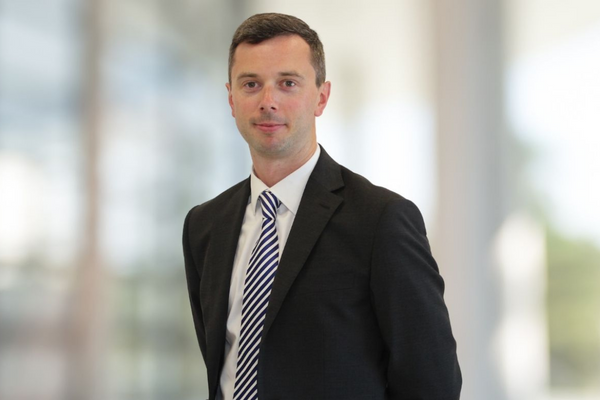Next-gen - sustainability is high on the agenda

Robert Cattle, Director - Client Services, recently discussed next-gen investor trends with STEP Journal Jersey.
What noticeable changes or trends have you witnessed in terms of clients’ needs over recent years?
There seems to be a real desire to either begin to bring the next generation into family businesses or indeed enable them to step into the shoes of the elder generation who, historically would handle all communication with their trustee.
I suspect this has been triggered by many parents who were given the gift of quality time with their children when many high school and university students went through a period of mandatory home study during the Covid pandemic. For many, having an enforced period at home has triggered consideration in relation to where their family trust arrangements and businesses are headed.
Something, we at Equiom, are keen to impress upon our clients is that it is important to bring their children or, indeed, grandchildren, into the picture to meet with and sound out their trustee at an early stage. It’s vital that they understand the role of a professional trustee in protecting the trust assets and acting impartially and in the best interests of each of the beneficiaries.
A key benefit to promoting active engagement between the next-gen and their trustee is that the funding and other requirements of beneficiaries change over time, and certainly generationally. If the trustee is not advised of the views of beneficiaries, how can they plan appropriately for the future with time horizon and risk profile in mind? The answer is – they can’t – and this can lead to unsuitable investment positions being taken, without fully understanding where and when distribution requests might arise.
So, in short, our clients are increasingly looking ahead, which is great. After all, succession planning structures are established with the next generation in mind, so why not, at an appropriate time, involve those who stand to benefit, or indeed defer any outflows to the next or future generations.
How would you summarise the impact of the pandemic on your clients, e.g. on investors across different generations, on family offices, etc? Have other factors come into play during 2022 which may have a significant impact on investor thinking?
The pandemic forced clients to stop and think about the direction of travel for their wealth, their businesses and, indeed, the human race. Covid has changed the way we all think about how we interact and do business. Coupled with the Russian invasion of Ukraine and the European energy crisis, the ideals we all held close are being tested.
A few of my clients were desperately worried during the height of the Covid lockdowns and this fear was stoked with each new wave of infections, but most of my clients were content with our well thought out and planned long term investment policy. These clients were minded to adopt a ‘wait and see’ outlook which ultimately, for the most part, rewarded them with a strong ‘bounce back’ from investment drawdowns.
ESG is firmly on the agenda with many of my clients. Clearly, investors do not wish to disregard returns in their pursuit of a more sustainable future, but this is an area in which many clients are interested and require guidance. This can often lead to investment policy statements being amended to require advisors to rebalance investment portfolios.
In addition, travel has been restricted so we have all become very used to communicating via video conference, which is most definitely an improvement on a telephone call, however, there is no substitute for meeting each other in person, and being able to shake hands (or bump elbows!). My view is that the adoption of VC capability is a huge step forward in client communication but it’s impossible to replace face to face contact.
How do the priorities of next-gen investors differ from previous generations, and what does that suggest in terms of future developments?
In my role, I’m very much in the commercial real estate world and a priority many of my clients have raised questions around is ESG, particularly, in my experience, how their structures can contribute, in a positive way to rebalancing wealth generation against net zero aspirations.
In relation to real estate held in our structures, sustainability is high on the agenda, more so than previous generations, especially with new builds, where local government will most definitely show an interest in certain areas; in particular, active travel, excellent energy rates and contributions to the wider populous, such as public realm enhancement and contributions towards lower cost housing and local infrastructure.
A key difference between generations is that it does appear to me that next-gen investors are minded to take a longer term view and wish to positively contribute to a more sustainable world.

